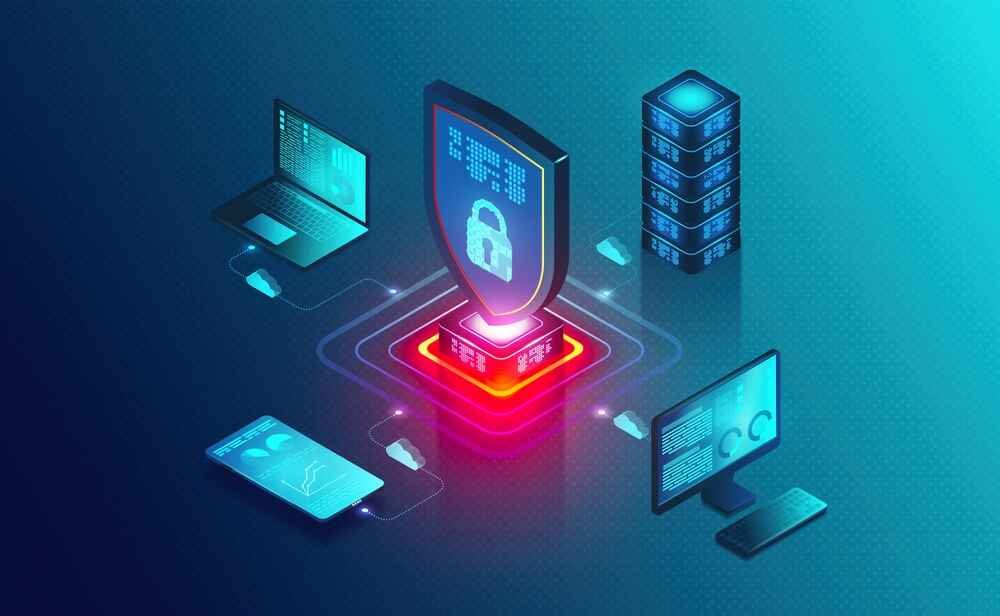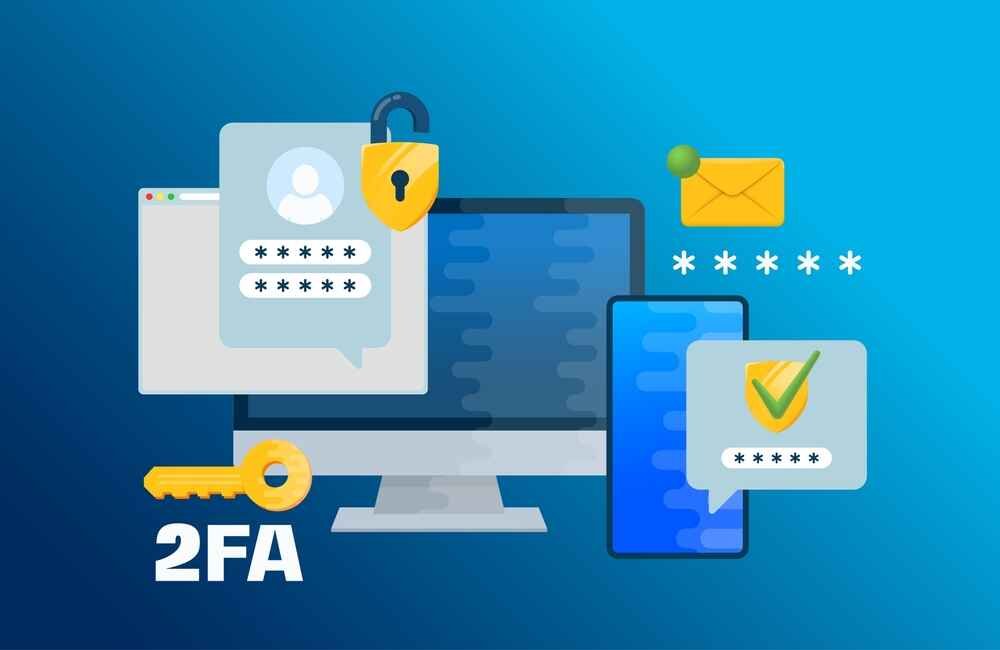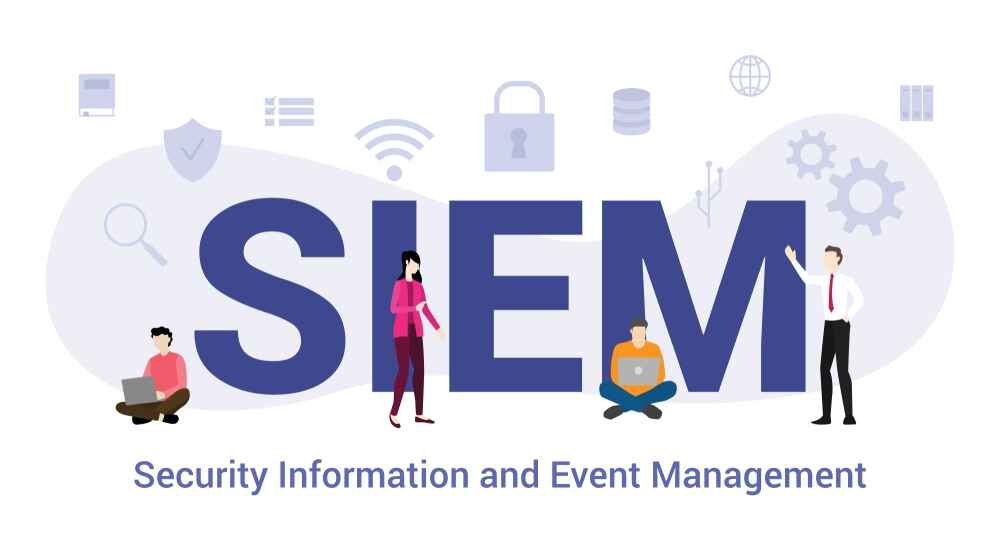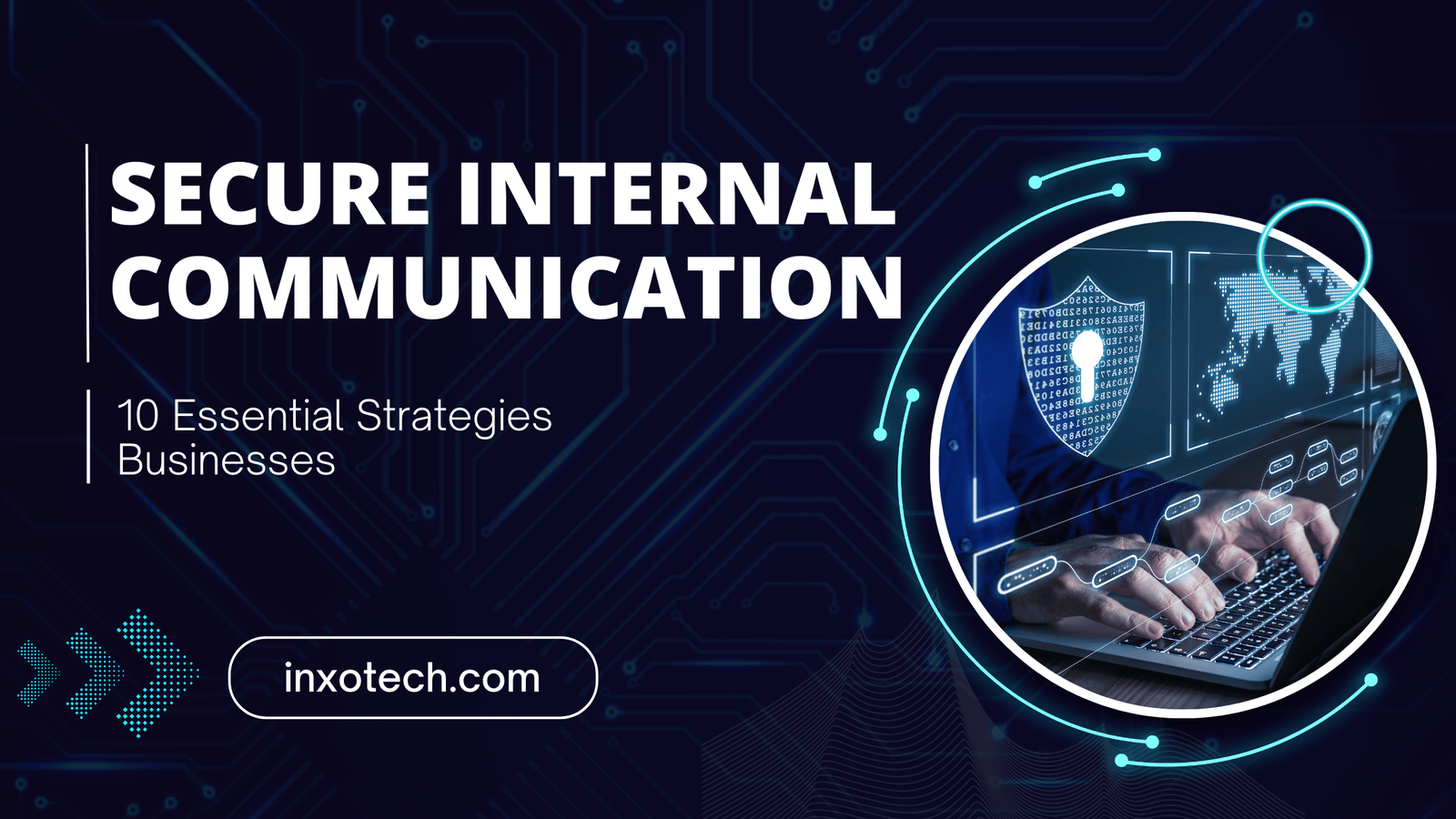Cybersecurity Tools for Small Businesses: Protect Your Company
Introduction:
In today’s digital world, Cybersecurity tools are extremely important for small businesses. Businesses need these tools to protect against online threats and keep their data safe. Cyber security tools provide small businesses with a variety of tools they can use to secure their systems. These include secure encryption, firewall, antivirus, and malware detection systems that are delivered to businesses in a variety of metals.
By using cyber security tools, small businesses can protect their data, and protect against information theft and online attacks. By using these tools they can improve their cyber security and avoid various metal attacks. These tools help small businesses protect themselves from various cyber attacks and provide them with a secure online experience.
Securing Your Small Business with the Right Cybersecurity Tools
-
Endpoint Protection Software
Endpoint security software to protect Small Business data and systems from cyber-attacks. Endpoint security software helps businesses protect against various online threats. It protects businesses from every firewall and every dod to prevent malicious activity.
This software provides various possibilities for securing small businesses, such as remote access capabilities, secure storage, and antivirus detection and deletion. Endpoint security software helps protect businesses from various online terrorists and provides them with a safe and secure online experience.

-
Firewall Solutions
First of all, Firewall solutions are important to small businesses to protect their data. Additionally, Firewall software helps small businesses protect themselves from the dangers of online attacks from the Internet. Moreover, it enhances the security of these businesses by protecting data from national internet and network breaches. Furthermore, Firewall software provides various capabilities such as Internet detection, Internet filtering, and the possibility to maintain compromise between firewalls at different levels.
In addition, Firewall software helps small businesses better secure their networks. Equally important, this software provides various possibilities such as predictive and preventive settings, and monitoring of all active connections. Consequently, by using firewall software, businesses can best protect their data and reduce the risk of online attacks.

-
Secure Email Gateways
Moreover, Email security is important for small businesses on a routine basis. To illustrate, secure email gateways, which predict sending and receiving emails and block unwanted emails, help with this. Correspondingly, it mirrors Fontaine for authentication, supports secure attachments, and improves the security of Secure Email systems. Notably, this is important for securing supplies delivered by email, which protects small businesses from the risk of major theft.
Lastly, Secure Email Gateways provides a safe and secure tool for small businesses that provides a variety of features such as email authentication, attachment protection, virus scanning, and stacking information evaluation. It is an effective way to help protect businesses from online attacks and secure their credibility.

-
Multi-Factor Authentication (MFA)
Multi-factor authentication (MFA) adds an extra layer of security. It provides an additional level of security by multiple forms of verification before accessing sensitive data or systems. For example, users have to verify their status with an online code or fingerprint in addition to their password. Thus, if an unauthorized person tries to access a business’s account, he faces difficulties.
Small businesses can improve their security with the help of MFA, as it prevents the recognition of any unauthorized access and secures their credibility. In addition, MFA is extremely convenient and efficient and saves users from security problems.

-
Virtual Private Network (VPN) Services
Virtual Private Network (VPN) services security tool for small businesses. It provides a secure Internet connection that helps businesses to detect and respond to potential threats in real-time. With the help of a VPN, employees of businesses connect to the Internet through a dedicated server that provides security, increasing the privacy of their information. Solutions like NordVPN and ExpressVPN offer reliable encryption protocols
VPN services allow businesses to securely connect specific Internet connections remotely. It improves the efficiency of Internet businesses as well as enhances their information security. With a VPN, businesses can secure their campaign information and protect confidential documents over the Internet.

-
Security Information and Event Management (SIEM) Solutions
Security information and incident management (SIEM) solutions play an important role in cyber security tools. SIEM tools allow businesses to view, collect information about, and analyze information technology security incidents. By detecting and preventing these incidents, SIEM solutions improve the security of customer information and data. With their help, the situation of cyber attacks can be identified immediately, and support can be provided so that problems are not faced.
With the help of SIEM solutions, businesses can continuously monitor their cyber security and improve security. Through them, support incidents can be quickly identified and acted upon immediately. SIEM solutions help businesses improve their information security and support their cybersecurity to protect their information and data from threats.

-
Backup and Disaster Recovery Solutions
Backup and disaster recovery solutions for small businesses fundamentally improve their security. In a robust backup and disaster recovery plan, small businesses back up their critical data and store it in secure locations. This gives them urgency in case of need to move data when they face disasters or crises.
Backup and disaster recovery solutions help businesses restore their lifeline. These help security experts control and sometimes allow business experts to access information data using various security vulnerabilities in return.

Conclusion:
Cyber security is critical for small businesses. These tools provide the best protection against various cyber attacks and other areas of the cyber world. Backups, disaster recovery solutions, firewalls, multi-factor connectivity, cybersecurity appliances, and other tools help protect information and data against security breaches. By using these cyber security tools businesses stay safe and secure and protect their information and data from threats.
Using cybersecurity tools helps businesses protect themselves from job threats and help them stay safe. These tools protect businesses’ information data from cyber-attacks and improve their cyber security. Using these tools keeps businesses safe and helps them comply with Indian information security standards.
FAQs:
Q1: Do I need cybersecurity tools if my business is small?
A1: Yes, small businesses also need cybersecurity tools. Additionally, these tools help protect them from various shocks and attacks. To mitigate a small business’s vulnerabilities, cybersecurity tools offer more details and services such as frequent ridership metrics, millions of different accounts, and other maintainable publications.
Q2: How can I choose the right cybersecurity tools for my small business?
A2: When choosing the right cybersecurity tools for your small business, consider the details of the initial values and the needs of the business. In addition, you need to look at various aspects of your data and system information, such as the web server, email service, and internal network.
Q3: Are free cybersecurity tools effective for small businesses?
A3: After some testing, it turns out that free cybersecurity tools are usually not enough for small businesses. Moreover, these tools usually complete basic functions but do not provide high-level security services such as expert advice, effective antivirus protection, and information on hidden threats on the Internet.
Q4: What should I do if my business experiences a cybersecurity breach?
A4: If your business experiences a cyber security breach, first notify your business management immediately and let them know what happened. Additionally, disconnect your systems immediately to prevent further damage. Next, contact a cybersecurity company or specialist with your existing security response plan to deploy a breach and prevent current damage.
Q5: How often should I update my cybersecurity tools?
A5: Regularly update your cybersecurity tools and software to ensure they remain effective against evolving threats. Set up automatic updates whenever possible to stay protected against the latest vulnerabilities.
For Useful and more detailed information: You can read our blog “Cybersecurity Threats Everyone Should Know in 2024”. Also, visit our blog “10 Common Cybersecurity Threats in 2024” To further understand the information in the blog “Best Cybersecurity Software for Small Businesses“


